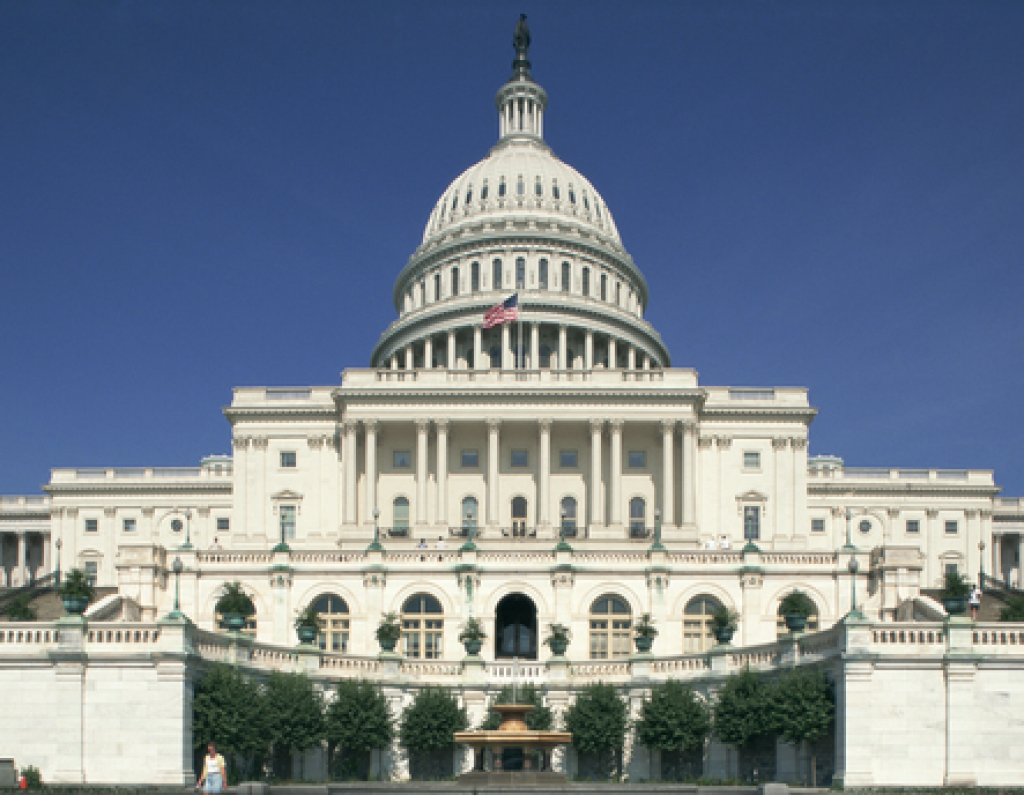WASHINGTON D.C. —Before we get rolling, a pet peeve: entirely too many reporters are too lazy to check their quotes. Time and again, they will say in their lead that “some wag referred to lies, damned lies, and statistics.” No, no, no. That was not “some wag,” that was the greatest of all American humorists, Mark Twain.
Twain’s autobiography attributes the quote to the quick-witted British Prime Minister, Benjamin Disreali, but Disraeli’s biographers can find no trace of it. Apparently, Twain attributed it to someone else who was conveniently dead, to fend off attacks for using that shameful word, “damned.”
I’ve modified the Twain quote to apply to recent hearings before the Federal Communications Commission. I’ve testified before a handful of federal hearings. I’ve attended dozens of such hearings, and I’ve never heard more lying, by more people, not even from sitting through an entire day of traffic court and hearing the infinite reasons why each particular motorist was not guilty.
I’ll contrast two witnesses, one who agreed with what the Obama-appointed FCC Commissioners and staff are trying to create, the other who opposes that take-over of broadcast freedom of speech.
Andrew Schwartzman, president and CEO of Media Access Project, testified before the Federal Communications Commission this week. He attacked modern media because “most have no local content, or local news coverage.” The worst example he offers is that there are channels which offer “nothing but home shopping information.”
He suggests that the licensing system be shortened and tightened to force all channels to offer “more diversify.” More telling than the press reports of Schwartzman is the text of his testimony. He said that, “The marketplace has failed.” He claims that the successful development of American media was “due to regulation, not deregulation.”
Apparently, he is blissfully unaware of the history of American media, and the attempts by King George III to eliminate unfavorable comments about him, and Parliament in that press. King George’s first attempt was to forbid all unlicensed presses in the British colonies. When that failed, he used the Stamp Act to shut down unfavorable newspapers by requiring all newspapers to be printed on paper bearing the royal seal, and for sale only by the Royal Governors of the colonies.
Actually, the original press was more obviously partisan, bearing their politics on their sleeves, than today’s press. It operated on marketplace principles. There was a market for views such as expressed by the Aurora Advertiser in Pennsylvania, which wrote, “If ever a nation was debauched by a man, the United States was debauched by George Washington.” There wasn’t a large market for such ideas, but it was a small market nonetheless.
Consider by contrast the testimony of Adam Therer at the same hearing. First, he points out that the “public interest” standard in the FCC suffers from two defects. One is that it is vague, and without enforceable details. On the other hand, it is an open invitation for political elites, who neither know nor care what the listeners and viewers want to receive, to dictate to them what should and will be on our radio and TV stations.
He quotes a media scholar as saying this: “In democracies there is no universal ”˜public interest.’ Rather, there are numerous and changing ”˜interested publics.’ ”
Then, he turns to the kind of diversity and public service programming which is currently available. There is more and better children’s programming today, than ever before. He points out the “universe” of 500-plus channels available by cable and satellite covers almost every conceivable interest or hobby, in detail.
Lastly, he points out that C-SPAN alone provides more coverage of public matters and decision-making in a week, than most of us would have had “contact with in our entire lives, just 30 years ago.”
In short, the difference between these two points of view is not that there is a lack of diversity in coverage in media today, but that the people are not watching the proper things. The FCC seems to be heading in the direction of telling people what they can watch, by reducing the coverage of subjects that viewers and listeners prefer to watch and hear.
That is called censorship, plain and simple. It was skewered by Thomas Jefferson when he posed the question whether he would “favor government without newspapers, or newspapers without government. I would not hesitate to choose the latter.” Jefferson understood better than anyone else that without a free press, one not content-controlled by the government, when government went wrong, there would be no remedy.






